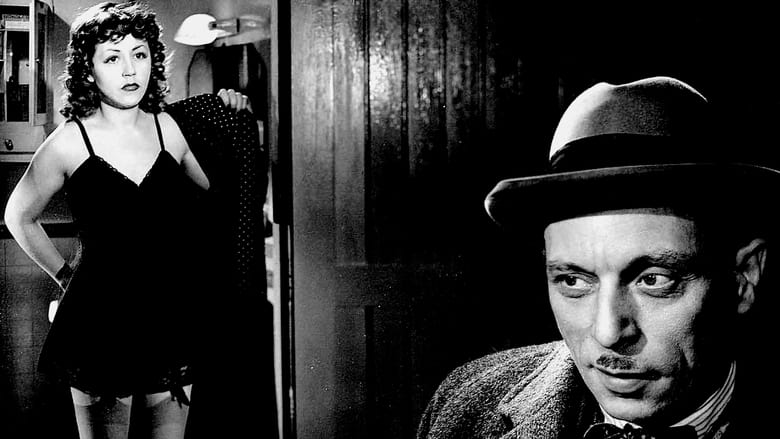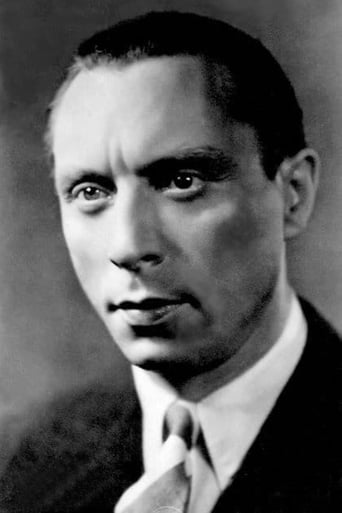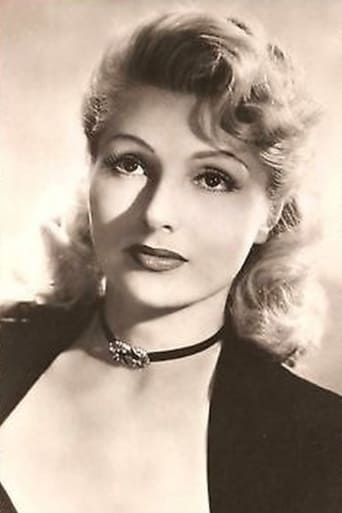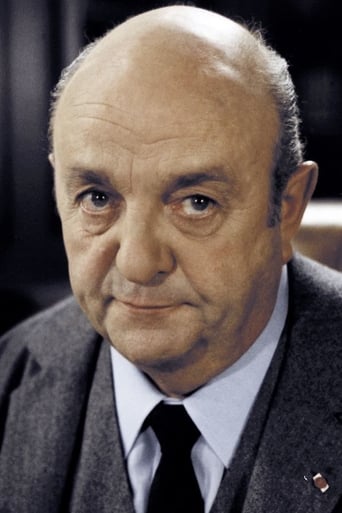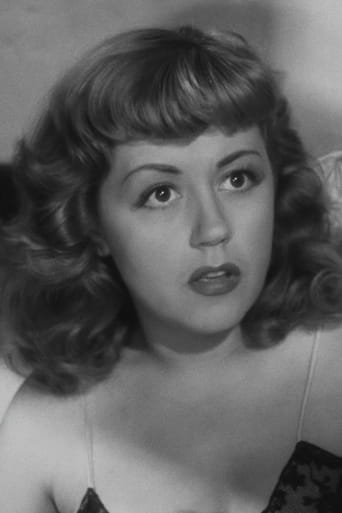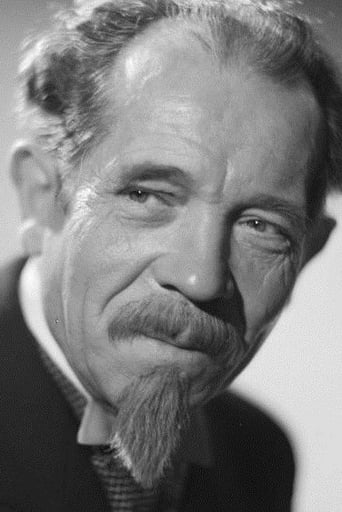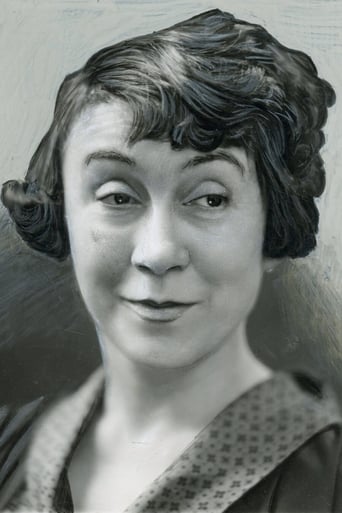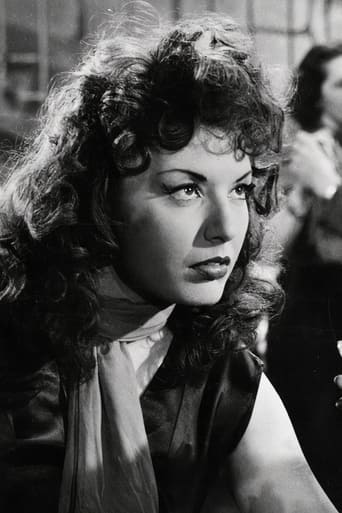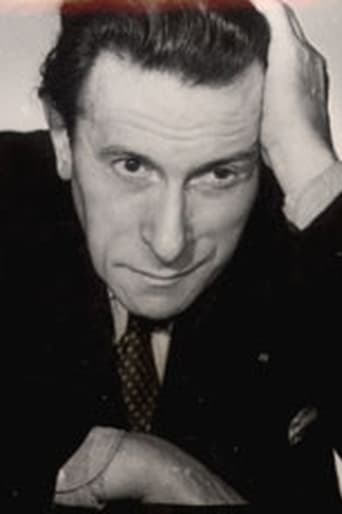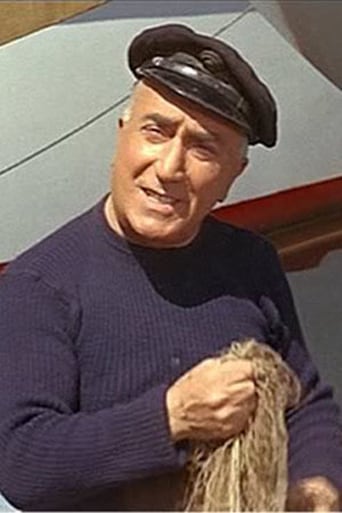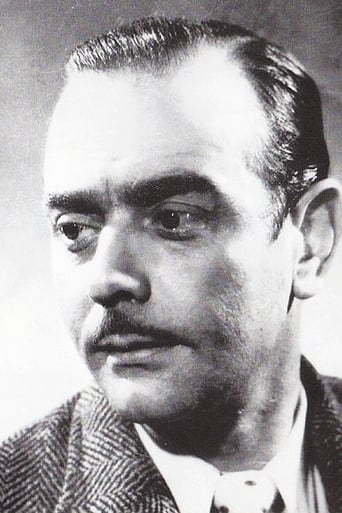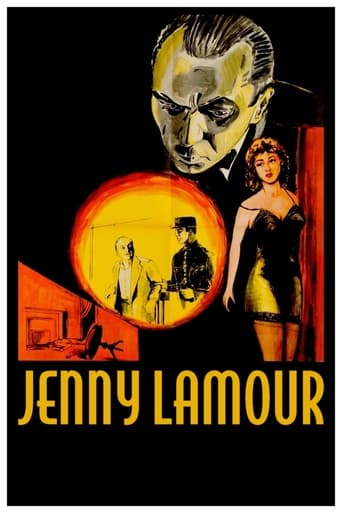
Jenny Lamour
March. 05,1948Paris, France, December 1946. Jenny Lamour, an ambitious cabaret singer, and Maurice, her extremely jealous pianist husband, become involved in the thorough investigation of the murder of a shady businessman, led by Antoine, a peculiar and methodical police inspector.
Similar titles
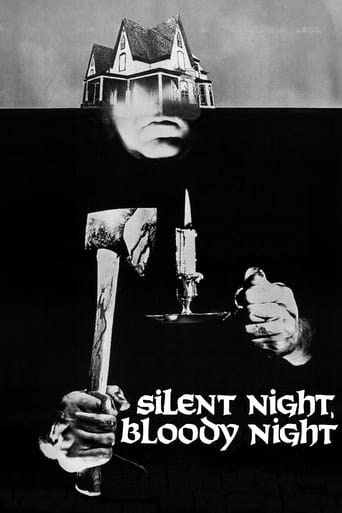
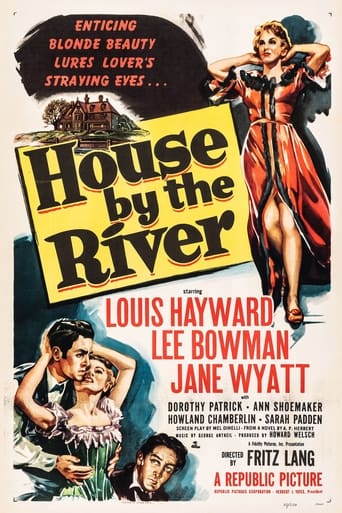


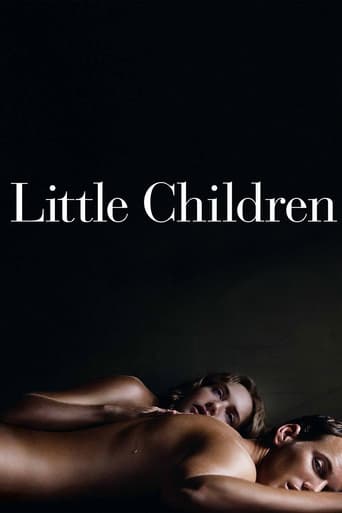
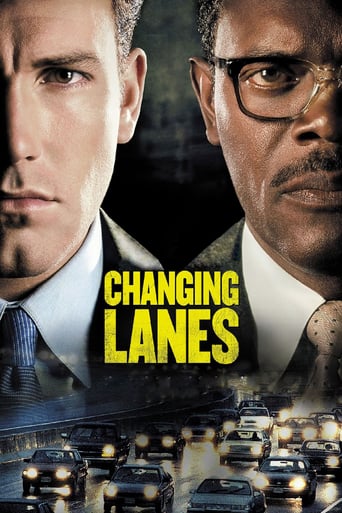
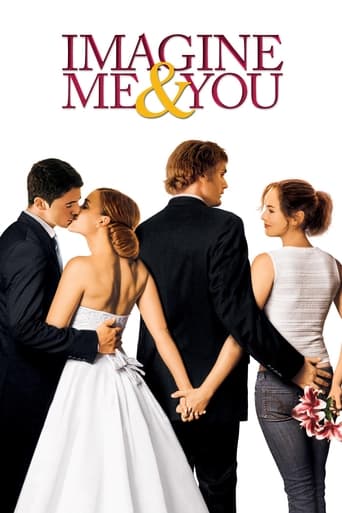
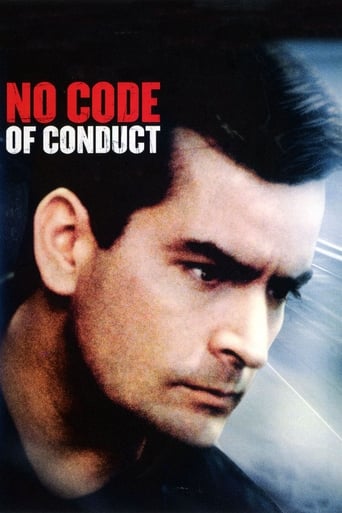
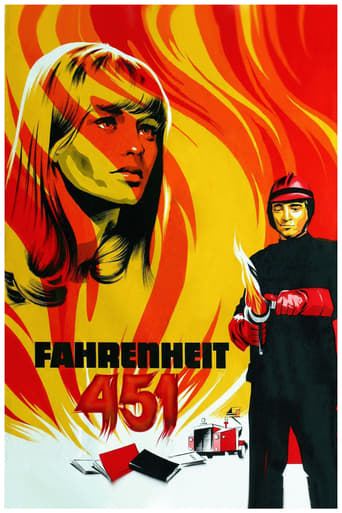
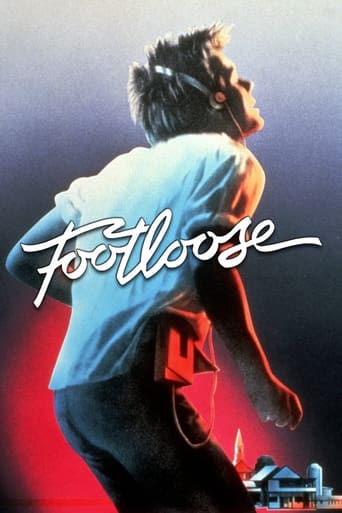
Reviews
It's no definitive masterpiece but it's damn close.
It's complicated... I really like the directing, acting and writing but, there are issues with the way it's shot that I just can't deny. As much as I love the storytelling and the fantastic performance but, there are also certain scenes that didn't need to exist.
There are better movies of two hours length. I loved the actress'performance.
This is a small, humorous movie in some ways, but it has a huge heart. What a nice experience.
To non-French audience, "Quai des Orfèvres" carries the same resonance than 'Scotland Yard' for British people as the legendary Police headquarter Police in Paris, preceded by number 36, and the setting of the most memorable criminal resolutions that nourished French pop-culture of the early century: Landru, la Bande à Bonnot etc. So as the title indicates, Henri-George Clouzot's classic, is a police procedural, but there's more to see in the film besides the realistic and thrilling elements of a crime investigation.What strikes first and what I immediately associate with the film is the score, the musical version of the main song "Avec son Tralala" which is continuously sung by Jenny Lamour (Suzy Delair) during the first act. What begins as a simple ballad turns into a smash hit, joyful, naughty and unbelievably catchy, to a point I kept it stuck in my head for many days after watching the film. The 'tralala' is a sort of childish onomatopoeia referring to the beautiful behind of a Spanish gypsy girl, who didn't need 'maracas' to charm men, only her magnificent, natural assets. The music remarkably contrasts with the overall tone of the film but efficiently establishes the setting of the investigation: the music-hall, a decadent and permissive world. Henri-Georges Clouzot has an endearing quality, his thrillers are appealing to universal audiences but they're always set in a particular world: truck drivers, boarding school, a small village, his movies are an opportunity to discover a slice of French life in a determined era. And it's precisely for his ability to be so specific that his films can work as universal explorations of the human soul. The music hall or showbiz is the perfect setting to crystallize such emotions as ambition, jealousy or cynicism. They are also mirror the vices of a society, through the character of Jenny who makes eyes on anyone who can help her to succeed in theater, to Maurice, his mild-mannered and jealous accompanist and husband, played by Bernard Blier, and Dora, Simone Renant as the cynical charm photographer, friend of both. Yet the most despicable of all is Brignon (Charles Dullin), an old lecherous businessman, who visits Dora just to admire some naked girls. With Dora, Maurice and Jenny, the film seems to open on a triangular love, a plot device cherished by Clouzot.But as usual, clichés are misleading, Dora is obviously not interested in men, but ready to help their friends, Jenny loves her husband and Maurice is the kind of guy who can make death threats but is not so hot when it comes to pull the trigger. These flawed but realistic characters are inevitably put in a tricky Hitchcockian situation. Jenny has a secret rendezvous at Brignon's house but the date turns sour and she knocks him out with a champagne bottle and escapes. Maurice finds his address and goes confront him in the house, before ensuring a perfect alibi, but when he enters his house, he finds him dead and when he leaves it, his car has disappeared. This might suspend some viewers' disbelief, but nothing is hazardous in the film. To make things even more intricate, Dora goes at Brignon's to erase the fingerprints, take Jenny's fox scarf and while she's there, knocks the dead man in the chest, in one of the most cruel and memorable scenes from any Clouzot's film. Last revelation, the man was shot with a bullet in the heart, which makes four people who went to the victim, four potential suspects. The plot starts like a reverse whodunit, but at the end, it's still a whodunit. Maurice is supposed to go the music hall, only when he comes back, he raises suspicion by being the only one not to notice one flaw in the show, Jenny went to her grandmother at the last minute, and Dora left a blonde hair on the crime setting.Still, the film would never have reached its legendary status without Jouvet as Inspector Antoine, a fifty something inspector, tall and lanky, with cut head and sharp eyes, he's intimidating without being unfriendly and cool without fooling anyone, the Anti-Columbo with the same likability. As soon as he makes his entrance, he's the one driving the action and all the characters turn to a passive status while he confronts them to their contradictions. The genius of "Quai des Orfèvres" relies essentially on the writing, the way the character interact, the social discussions, the way each clue is obtained after a clever trick. Pierre Larquay, one of Clouzot's regulars, plays a taxi cab driver that took a blond blonde to Brignon's, but while some people genuinely go to the police, the driver refuses to be a stool. The last exchange with Antoine before he would finally confess is simply delightful, and a clever demonstration of police procedural à la Française. I wondered if the driver wasn't meant to make up for the villagers of "The Crow" and the whole paranoid and denunciation-inducting atmosphere. One even has to wonder if the film doesn't carry some dark and pessimistic undertones inherited from the German Occupation, which contributed to the deterioration of the Police's image. But the film doesn't make statements about who's right or who's wrong, it doesn't manipulate our empathy but rather offers us a gallery of characters who're all identifiable by their jobs: cab driver, policemen, singers, photographers, and this is why "Quai des Orfevres" surpasses many French stories, like all Clouzot's films, it's a slice of people's life, a powerful social commentary, set during the Christmas holidays, which gives its final Dickensian flavor.Clouzot is the director who gave its letters of nobility to Popular Cinema, I'd rather watch one Clouzot film ten times in a row rather than any other so-called New Wave existential stuff.
Henri-Georges Clouzot's "Quai des Orfevres" (1947) stars Suzy Delair, Bernard Blier, Louis Jouvet, and Charles Dullin. The story takes place in post-war Paris, where an accompanist, Maurice Martineau (Blier) lives with his singer wife, Marguerite, better known as Jenny Lamour (Suzy Delair). An important man, Georges Brignon (Dullin) promises Jenny work, and because she's ambitious, she flirts with him. Maurice is an extremely jealous man, so he finds Brignon in a restaurant and threatens him.Later on, Jenny tells Maurice she is visiting her grandmother, who lives in another town. This gives Maurice a good opportunity to bump off Brignon, especially when he finds the man's address on a piece of paper in the kitchen and realizes Jenny was lying. But when he gets to Brignon's house, Brignon is already dead.Inspector Antoine (Juvet) is assigned to the case, and it doesn't take him long to realize that some alibis aren't very secure.Wonderful film, with the excellent Juvet outstanding as Inspector Antoine, and an excellent performance by Simone Renant as a lesbian photographer, Dora, in love with Jenny. Delair, who was involved with Clouzot, is good as a lower-class woman who loves her husband but wants to get ahead in show business as well.This is Clouzot at his best, with a witty script with some plot twists and a true Parisian atmosphere.
First, the obviousas a cop drama crossed with a funny melodrama, QUAY is disconcerting ,straightly independent and a menace to banality. Jouvet's aplomb is put to good use in a tough cop performance immediately noticeable by its vigor and exuberant force; his Antoine is not so much a man of intellect, but a man of vast life experience and earthly instinct. QUAY is not subversive in the sense that today's (and already yesterday's ) philistines enjoy using the word. It is Clouzot's most playful hour. He tended to adapt Steeman's books in a satiric note. (It's said that Clouzot was a big reader of detective novels.) As a director, Clouzot's firm hand is successful. It is not a mystery or a thriller,but a satirical look at a Parisian couple and at the police's proceedings. Those accustomed with Clouzot's masterpiece LES DIABOLIQUES might find slightly disconcerting the multiplicity of things, styles, elements in QUAY .Here Clouzot speaks about many things, about a couple, and a hidden love story (Simone Renant's for Blier),about the entertainment's world and about old spinsters, about police techniques and an old bitter cop with a boy to raise, etc.. There is a note of exuberancenot only in Jouvet's performance, but also in the film's conception. Quay is a realistic crime drama made as a satire. It offers an outstanding performance by Jouvet as a tough police inspector. Antoine is an old cop with an adventurous past (he fought in Africa ,but did not climb the ranks' stair because of his independent behaviors); he lives with his son, a schoolboy; at work, Antoine is tough and merciless, an able inspector, bitter, intelligent and harsh. It is a role of great gusto, very picturesque. Jouvet composed his character of several defining traitshis clothes, his expression, his funny accent, his brutality, and that mocking air .Antoine is not made to look more clever than plausible; when he interrogates Blier, Antoine makes mistakes ,and his talent is presented like the talent we meet in real lifemixed with errors and lacunae and defects. Antoine's talent is one that comes also from experience, from daily observationit's not the almost supernatural _divinatory genius of almost all the famous detectives.QUAY is multifacetedit is a realistic crime drama, and also a satire and a melodrama. One can consider it among the first _filmic forays into the legendary toughness of the French police. Long ago Eastwood's and Wayne's harsh cops, there was Antoine. The title is interesting, suggesting that this is a movie about the police, not about a case or a mystery. As craftsmanship, Clouzot was perhaps the best and sharpest in France (in the way that Welles was). QUAY is very true to Clouzot's naturea sardonic comic, sharp observations, much psychology, sharp, unsparing irony. The man was firstclass when he filmed somethinghe knew what to shoot, what to choosesee the introductory scenes of this film, with Jenny Lamour's great stage success. Each scene is memorably, _exemplarily shot. Clouzot's technical, stylistic aptitudes were amazing. His style is inventive, satirical, sharp, extremely limpid, ingenious. Jouvet's style was exuberant, powerful, vehement. (Some disliked it precisely for these features. As he had been a great stage actor, his movie style was deemed as too theatrical, etc..) His Antoine is a fine example of what was meant by composing a role, by a composition. Jouvet had a very peculiar physiognomymuch like a menacing bird of preysomewhat like Van Cleefyet much subtler, nobler and more intelligent and distinguished. Jouvet had this predatory, ferocious air, and it is useful here, as he performs an old tough cop. One of QUAY 's sides is that it is a Jouvet recital. He is immediately recognizable, identifiable by the quality of his play (I see that many, watching this flick, do not know it is a Jouvet moviewhich is an astounding quality in itself). Fresnay and Jouvet are the two French actors that I admire the most; the first one was revealed to me by a Renoir drama (the famous one), while Jouvet by a Carné comedy. I was charmed to see that Clouzot gave leading roles to both of them.To end, a word about Steeman; he wrote the novel used by Clouzot (who had previously adapted another Steeman novel, as a Fresnay comedy). Steeman was an old school mystery writer, in the Wallace vein. He became quickly outdated with the new hardboiled fashions. When I was 11 I have read one of his thrillers, and liked it much.
H.G. Cluozot had difficulties working in France after he had made "Le Corbeau" in 1943 which was produced by the German company and later judged by French as a piece of anti-French propaganda. Louis Jouvet, an admirer of Clouzot's work, invited him to direct a thriller "Quai des Orfevres" where he played an ambiguous police inspector investigating a murder that happened in Paris Music Hall. Without each other knowledge, the seductive cabaret singer Jenny Lamoure (Suzy Delair) and her jealous piano-accompanist husband Maurice who is madly in love with her (Bertrand Blier, father of director Bertrand Blier) trying to cover up (without each other's knowledge) what they believe to be their involvement in the murder? Enters tenacious policeman (Louis Jouvet) who is determined to discover the truth. Jouvet practically stole the movie with wonderfully cynic and sentimental in the same time performance. "His character, his eagle-like profile and his unique way of speaking made him unforgettable." "Quai des Orfevres", witty and atmospheric observation of human weaknesses was a great comeback of H.G. Cluozot, the fine director, "French Hitchcock".
Top Streaming Movies











